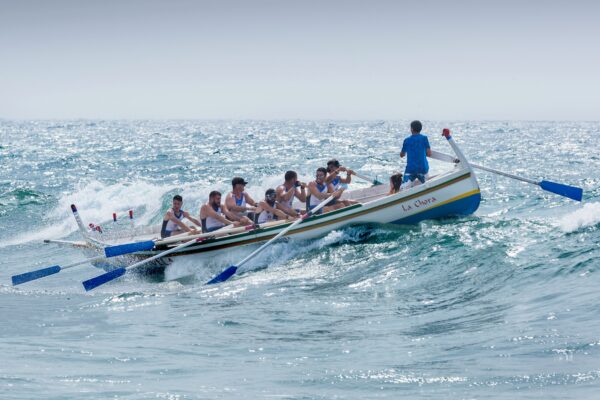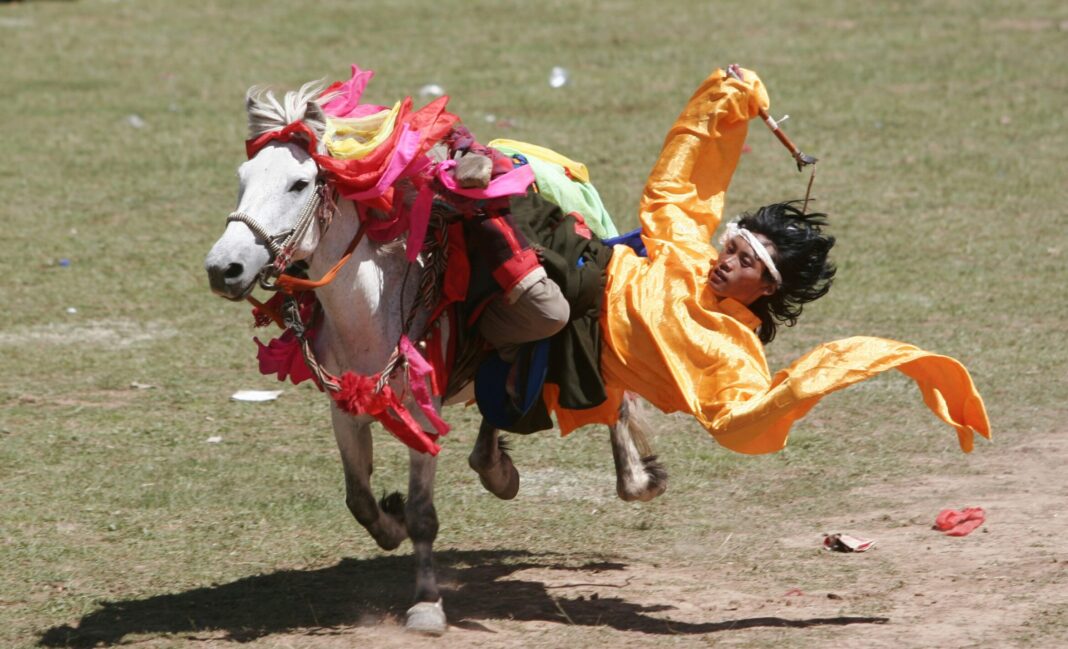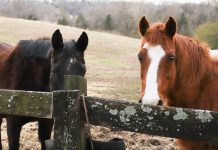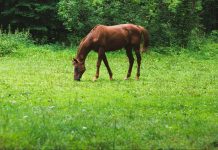In The Arabian Breeders’ Magazine, we ran a Sports Psychology column with Dr Lynn Pal [BSc (Hons), PGDip Sport, PGC (BPS personality A & B), PGDip CBT, MBCT, PhD, PGCHE, C Psychol.] is a Neurobiological and Behavioural Chartered Psychologist with a background in Biomedical Sciences and Psychology. She is also owned by Arabian horses.
“The way we play and view sports reflects our values.”
What role do equine sports such as dressage, eventing, racing, and showing play in developing our personality? Does sport build our character, or can sport simply reveal our individual characteristics? There is no doubt we often hear that sport is good for character. However, just as sport can demonstrate positive characteristics and behaviours, equally, we have all observed the negative side of sport where we have seen bullying, poor decision making, violence, cheating, and aggression towards officials and opponents. Sports reflect and represent our social and ethical standings. It can be argued that displaying good sportspersonship, particularly when under pressure, requires self-awareness, taking responsibility, self-control and discipline. However, this does not come automatically despite what we might believe. Just like a muscle, it needs to be built daily in our training and daily life. Character building requires persistent effort and dedication. But how can we do this? How can we use the sport in our lives to help us build a stronger us?

When your muscles feel tired, you can still tell yourself to keep pushing
Sport can help develop values such as hard work, discipline, dedication, perseverance, responsibility, self-confidence, sacrifice and accountability. One area to work on is monitoring how often we push ourselves out of our comfort zone. We need to get used to feeling uncomfortable. This will allow us to build resilience and self-control. Consider doing something every single day which is different such as taking a different route to work or try a new daily walk. Change your routine. Eat or drink something new. Shop or eat/drink at a different place. Listen to a new radio station or watch something different or read something new. If we can push ourselves daily, during a competition being out of our comfort zone will be more natural.
By cheating, the only person you are cheating is yourself
It is often easier to maintain positive actions and behaviour when things are going as planned but much harder when things are going wrong, or we are failing or making mistakes. We must always make sure we do not stop being courteous or stop acting ethically and always stick to the rules despite temptation. Often there is the opportunity to cut a corner or even cheat. However, we must always remember that not building the foundations will eventually catch up with us including the use of equipment or taking substances. We must always remember we will get another opportunity, and we can learn from every situation good and bad. Every experience is a chance to become stronger. We should never be afraid to ask for support and help. This is not a sign of weakness but strength and an awareness of our needs.

You always have a choice. You have 100% choice on what you focus on, working hard, being kind and your attitude. Take control
Self-awareness is the key to developing our personality. We need to be aware of how we react when we feel like we are out of our comfort zone and under pressure. We are more likely to look for excuses. During these difficult times when under pressure it is easier to get frustrated, angry, aggressive as well as blame others like opponents, teammates or officials for their part in the result without thinking about the consequences of our own behaviour and actions. We must learn to be able to pause, change our perspective and demonstrate compassion, kindness and in some cases show forgiveness. We must be able to listen to others and see things from a different point of view. Never allow the actions or attitude of others to affect our own behaviours. Of course, this is very difficult to achieve but it should be our goal in every life situation as well as during training and competitions. Always be aware of when we are using excuses and looking for distractions to explain our own behaviour and attitude. We must develop self-control and manage our actions setting aside time to work on this. There may be times where we need to apologise and ask for forgiveness.
Learn to focus on the solutions and not just the problems
Sport allows us the opportunity to develop teamwork and management skills such as negotiation, planning, and communication. A positive attitude, respect for all – including officials, teammates and opponents – and having that ‘never give up no matter what’ attitude are all required to be a successful sportsperson. Displaying an ‘individual/team spirit’ despite the result is essential including remaining humble when winning and losing. We must celebrate each other’s successes even when it is tough for us to do so. Self-awareness of our behaviour is required at all times.
Sports give us the opportunity to develop our social skills and interact with others. Despite our preferences humans are social beings and we need to have others around us – though no doubt, some of us like to have many friends while others only one or two. In a team situation it is often easier to point out the weaknesses. However, it is much harder to focus on what is good and how to improve the weak areas. We must always be considerate and treat everyone with respect. It is essential for our equestrian world to support and encourage others. Secondly, teammates mirror behaviour. If we are optimistic, engaged, enthusiastic, hardworking, show respect and empathy, we often find this attitude and behaviour will be reciprocated. Our choices directly impact the quality of our day and those around us.

If it is easy, it means you have learnt to do it; if it is hard, it simply means you have not learnt to do it yet
In summary, sport allows us to put ourselves under pressure during competitions and step out of our comfort zone. Sport encourages teamwork, it builds leadership skills and forces us to fail and learn from our mistakes. To progress in sports in both training and competition, we need to be able to get back up from failure and continue. Sport certainly provides us with a fantastic opportunity to grow as individuals and become better people. There is no doubt good sportspersonship can, and should, be learnt. We need to be persistent, reflect and continue to learn in order to improve. Our lives, including our sport, are filled with opportunities so let us seize that chance and keep growing.
Daily reminders
- Make sure you push yourself out of your comfort zone daily.
- In training always try something new or make a task harder to push yourself out of your comfort zone.
- Sometimes we need to ignore the result. It is not always about beating everyone else but about winning against yourself. Winning can include achieving a personal best.
- Take responsibility for your actions, attitude and behaviour towards yourself and others. Always ask yourself what could you had done differently and if needed apologise for your behaviour or actions?
- Ask yourself ‘have I shown kindness and forgiveness to others and myself?’
- Always try to help others by providing support or advice or listening to someone or providing a kind word to someone who you can see is struggling and finding something difficult.
- We all need time for self-awareness, which includes time to pause, and self-reflect. Make sure you find this time in your busy schedule.
Dr Lynn Pal [BSc (Hons), PGDip Sport, PGC (BPS personality A & B), PGDip CBT, MBCT, PhD, PGCHE, C Psychol.] is a Neurobiological and Behavioural Chartered Psychologist with a background in Biomedical Sciences and Psychology. Specialist professional qualifications and training include cognitive behavioural therapy, mindfulness, sport psychology and psychoneurobiology. Experience includes 20 years in teaching undergraduate and postgraduate students, an academic career including national and international research publications, consultancy work in national audits and national/international sporting teams, research supervision and a portfolio of sport, health and clinical clients. Dr Lynn Pal provides free sport psychology tips and research updates on social media www.facebook.com/drlynnpal/. If you are interested in working with Lynn, please contact lynn.s.pal@gmail.com.
For more posts from Dr Lynn Pal, click here.












